The Association for Writing Across the Curriculum and the WAC Clearinghouse sponsor awards that recognize contributions to the WAC community through scholarship, service, and achievement. Nominations are solicited prior to each International Writing Across the Curriculum Conference, and awards winners are announced at the conference.
The following awardees were recognized at the Fifteenth International Writing Across the Curriculum Conference in August 2021. A recording of the awards presentation is available at https://youtu.be/wasa2rXEBFE.
Publication Awards
These awards recognize significant contributions to WAC scholarship in 2018, 2019, or 2020.
Quick Links: Monograph | Edited Collection | Dissertation | Research Article | Pedagogy, Theory, or Practice Article | Early Career | Diversity, Equity, and Inclusion | Distinguished Fellows
Best WAC Monograph
This award recognizes an authored book (including books by multiple authors) that makes an exceptional contribution to WAC scholarship, including (but not limited to) WAC programming, administration, pedagogy, and impact.
Michelle Cox, Cornell University; Jeffrey R. Galin, Florida Atlantic University; and Dan Melzer, University of California, Davis



Comments from the Selection Committee: The best authored book award is given to Michelle Cox, Jeffrey R. Galin, and Dan Melzer for Sustainable WAC: A Whole Systems Approach to Launching and Developing Writing Across the Curriculum Programs (NCTE). Sustainable WAC addresses the gap of a coherent theory and methodology in WAC scholarship. This gap could contribute to the fact that, though writing across the curriculum serves as the longest standing curricular reform movement in U.S. higher education (Russell, 2002), individual WAC programs often fail to survive. While existing resources are useful for WAC directors, none offer a coherent theory and methodology for building and sustaining impactful WAC programs.
Sustainable WAC provides an apt blend of theory and practice for anyone asked to build, revise, or resuscitate a WAC program. The theoretical framework and questions provided in every section will help scholars and administrators find new ways to think about situations and problems and reflect on the complex ecologies of their institutions. Each section includes case studies, providing multiple perspectives and considering multiple institutional contexts, discussing assessment, planning for sustainable leadership, and faculty development seminars/workshops, among other WAC activities. Sustainable WAC is an invaluable resource for WAC Directors and other writing program administrators. View the book at NCTE.
Honorable Mention: Michelle LaFrance, George Mason University
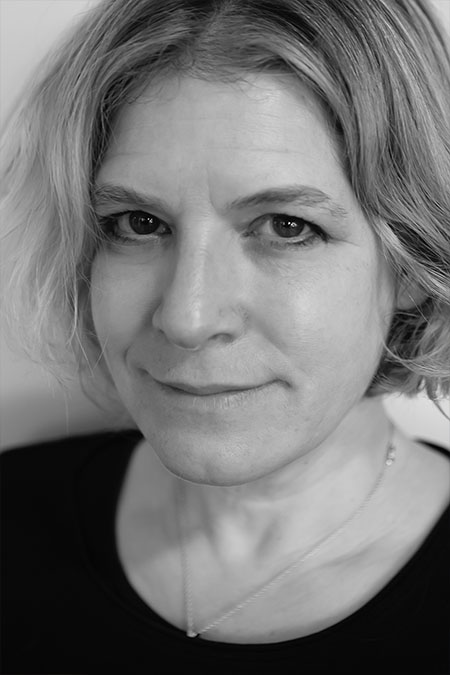
The committee also recognizes Michelle LaFrance’s Institutional Ethnography: A Theory of Practice for Writing Studies Researchers (Utah State University Press) with an honorable mention. This extremely well-written book provides an innovative approach to ethnographic research methods. Like Sustainable WAC it pulls theoretical framing from outside writing studies into the research methods of the field. View the book at Utah State University Press.
Best WAC Edited Collection
This award recognizes an edited collection that makes an exceptional contribution to WAC scholarship, including (but not limited to) WAC programming, administration, pedagogy, and impact.
Jo Mackiewicz, Iowa State University, and Rebecca Day Babcock, University of Texas Permian Basin
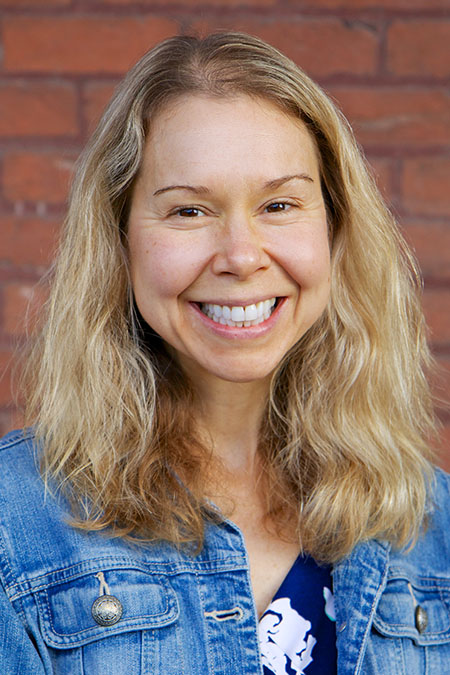

Comments from the Selection Committee: The best edited collection award is given to Jo Mackiewicz and Rebecca Day Babcock who co-edited Theories and Methods of Writing Center Studies: A Practical Guide (Routledge). This book, the committee agreed, will be enormously helpful to those doing WAC and WID work, as it so often grows out of or is coordinated with writing center work, and many of the most successful models and tools of WAC/WID are writing-center based. The book is, as its title says, theoretical, methodological, and above all, practical. Moreover, it specifically brings to the fore issues that have become profoundly important in terms of inclusiveness and justice. View the book at Routledge.
Honorable Mention: Marilee Brooks-Gillies, Indiana University-Purdue University Indianapolis; Elena G. Garcia, Utah Valley University; Soo Hyon Kim, University of New Hampshire; Katie Manthey, Salem College; and Trixie G. Smith, Michigan State University
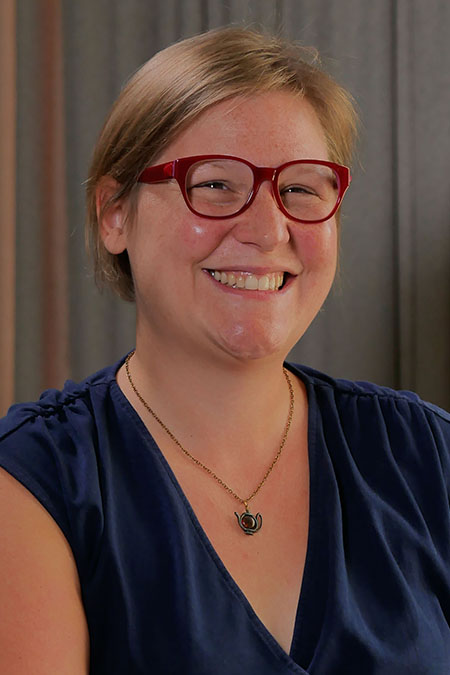


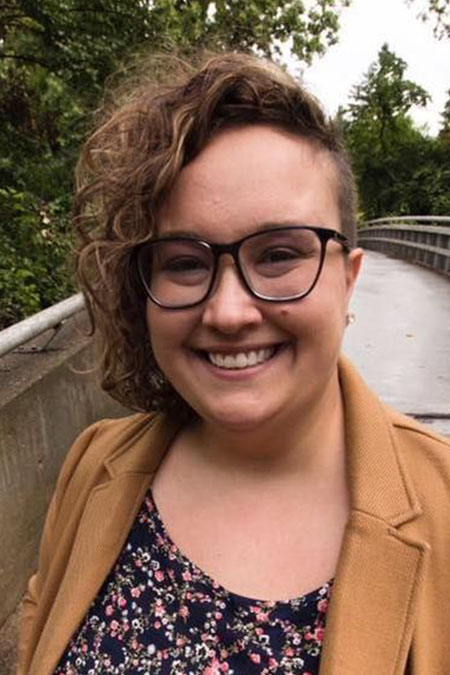

The committee also recognizes Graduate Writing Across the Disciplines Identifying, Teaching, and Supporting (The WAC Clearinghouse), edited by Marilee Brooks-Gillies and her colleagues, with an honorable mention. The committe notes that this collection answers, in large part, the need for practical help for the burgeoning new programs to improve graduate writing and learning—an effort which is already always writing in the disciplines and professions. View the book on the WAC Clearinghouse.
Outstanding WAC Dissertation
This award recognizes a dissertation that makes an exceptional contribution to WAC scholarship, including (but not limited to) WAC programming, administration, pedagogy, and impact.
Heather M. Falconer, University of Maine, and Justin Nicholes, University of Wisconsin Stout
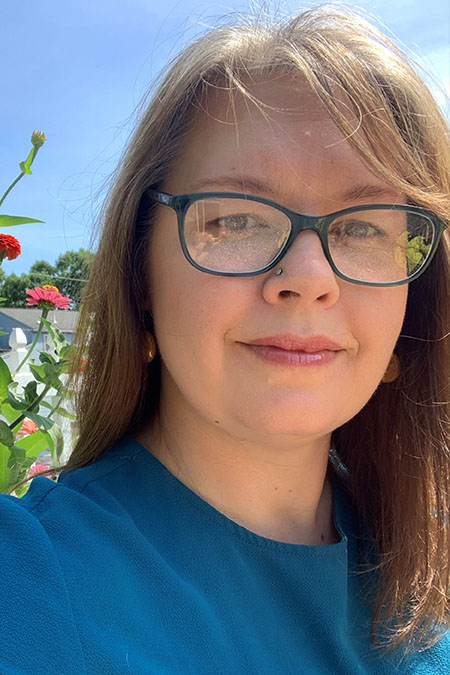

Comments from the Selection Committee: The Committee awards two dissertations for their equal impact and importance. Each adds to timely conversations about construction of disciplinary identities; carefully outlines their methodologies and positions as researchers; provides valuable, curated literature reviews; and each notes the implications of their work for students, pedagogies and institutional curricula.
Heather Falconer’s recommenders note her dissertation, Triple-Binds and Unintended Consequences: Exploring Scientific Discursive Identity Development with Three Women of Color “does not simply tell the story of women of color in the sciences, . . . but also provides … insights on the importance of faculty of color in that mentoring process and the role that white faculty might take in successfully mentoring women of color in the sciences.” With participants from two distinct STEM disciplines, Falconer uses case studies and situated ethnographic methodology to analyze the complex ways in which race, gender, culture, mentorship, and personal histories contribute to (or inhibit) how women of color develop discursive identities as scientists. As Falconer presents “issues of student writing development, mentoring, and the intertwined relationship between development and identity, specifically for under-represented minority students in STEM programs,” she fills a gap in the research on factors supporting persistence and disciplinary acculturation for women of color, particularly at Hispanic- and Minority-serving institutions, with broader, transferable implications. View the dissertation in the Northeastern University Repository.
Justin Nicholes’ dissertation, Exploring How Chemistry and English Majors Understand and Construct Disciplinary Identities in Relation to Life, Departmental, and Writing Experiences: Implications for WAC and Retention, delivers on the title’s promise with a detailed and meticulous picture of the complex relationships that attend disciplinary identity formation. Nicholes’ sample size is large and his careful critique of his own methodology, and of the ethical considerations that guide his research, frame this robust quantitative/qualitative study of students in two very different disciplines: chemistry and English. As his recommender noted, Nicholes “focuses not on the quality of students’ WTL responses but the likelihood of taking up WTL activities into their unscripted composing practices, and at the end of the day, that’s what we care about most, . . . changing students’ writing habits, including their habits of mind.” The study explains the connected roles of composition teachers and WAC practitioners who work to retain students and promote persistence throughout college. In this way, Nichols “not only speaks to genre studies and dispositions research in writing studies but [to] larger conversations in higher ed around student dispositions related to high-impact practices.” View the dissertation in the ProQuest Database.
Best WAC Article or Chapter Focused on Research
This award recognizes a research-based article or chapter that makes an exceptional contribution to WAC. Nominated work should primarily offer the methodology and results of a research study, even if the findings have programmatic, theoretical, or pragmatic implications.
Heather M. Falconer, University of Maine

Comments from the Selection Committee: Theoretically rich and methodologically robust, Heather Falconer’s article, “‘I Think When I Speak, I Don’t Sound Like That’: The Influence of Social Positioning on Rhetorical Skill Development in Science,” lays out a compelling case for how literacy practices are deeply intertwined with intersecting social identities. Drawing on the case study of Anne, an academically gifted young woman originally from South America who identifies as African American, Falconer shows us that communities of practice are not always generous to those who have historically relegated them to the periphery. Through Anne’s experiences and successes, Falconer demonstrates how rhetorical skill development is neither the result of exposure to the discipline, nor a reflection of student motivation, but rather the outcome of complex interactions of multiple social factors. Falconer shows that minoritized students need more than explicit instruction. They need to see themselves in scientific practice through intentional invitations and guided participation that acknowledges the multiple identity positions that they possess.
As Written Communication editor Chad Wickman wrote in his nomination letter, Falconer’s article is timely, richly developed, “and offers a foundation—and/or perhaps model—for other scholar-practitioners who would like to engage in similar inquiries and teaching practices, in STEM or otherwise.” Like Chad Wickman, the committee members look forward to seeing Falconer’s research emerge as a touchstone for research and program development in the field. View the article in Written Communication.
Best WAC Article or Chapter Focused on Pedagogy, Theory, or Practice
This award recognizes an article or chapter that makes an exceptional contribution to WAC scholarship in the areas of pedagogy, theory or practice. Nominated work should primarily offer us theoretical ways of approaching WAC work, discussions of program design and operation, or insights regarding pedagogy, even if this work is based in research.
Sundy Watanabe, University of Utah

Comments from the Selection Committee: Sundy Watanabe’s chapter, “Intercultural Collaboration: Respect, Relationship, Responsibility, and Reciprocity,” in Maureen Mathison’s edited collection Sojourning in Disciplinary Cultures: A Case Study of Teaching Writing in Engineering (Utah State University Press), offers the WAC community an opportunity to see what critical indigenous theory looks like in practice. By focusing on the four R’s noted in the title—Respect, Relationship, Responsibility, and Reciprocity—this chapter helps explicate the benefits of both interdisciplinary and intercultural collaborations in disciplinary spaces. Watanabe shows us, specifically, what it looks like when those in the humanities and engineering collaborate to consider “broader notions of what constitutes power and knowledge” (p. 155).
From the early stages of negotiating a shared course, where the “difficulties and limitations inherent in trying to infuse the modes, content, and assumptions of one disciplinary domain into another” (p. 165) became salient, through the application of said course, Watanabe shows us the power of bringing both Euro-Western and Indigenous approaches to the classroom so that they enhance one another, rather than cancel each other out. This case study provides a glimpse into how WAC practitioners can implement more inclusive approaches into fields that have historically been exclusionary.
View the book at Utah State University PRess.
Honorable Mention: Anne Ruggles Gere, Anna V. Knutson, Naitnaphit Limlamai, Ryan McCarty, and Emily Wilson, University of Michigan
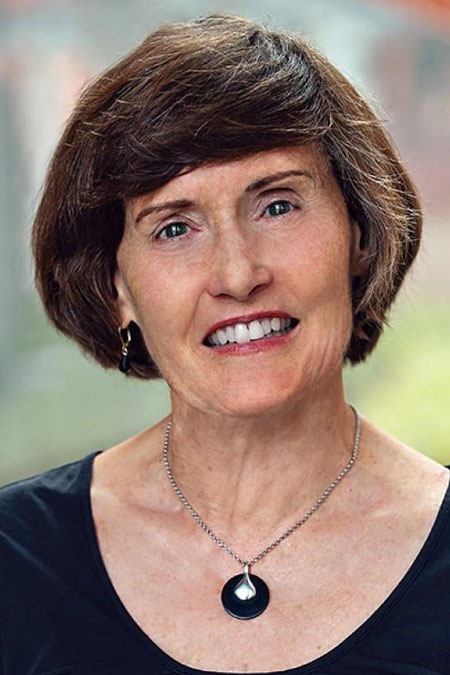
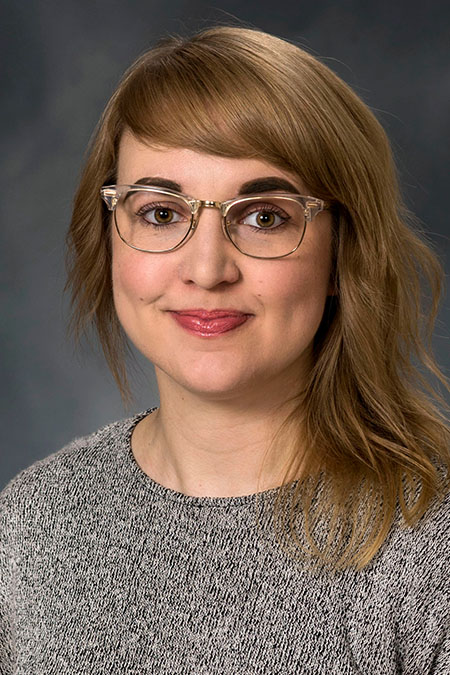
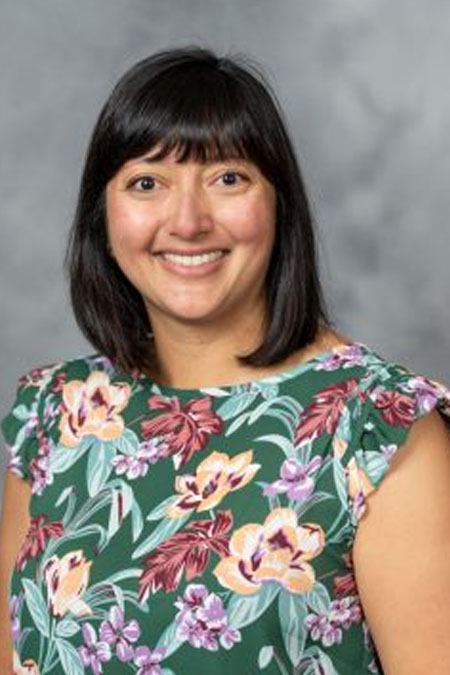


The Committee felt it was important to recognize a second nomination for this award as representing a significant contribution to the WAC community. Anne Ruggles Gere et al.’s “A Tale of Two Prompts: New Perspectives on Writing to Learn Assignments,” published in The WAC Journal, offers an in-depth look into interdisciplinary negotiations on writing prompts with an eye toward critically reviewing and revising ineffective prompts in a variety of disciplinary spaces. The work presented in this article has broad, practical applications of value to a wide variety of stakeholders. View the article on the WAC Clearinghouse.
Achievement Awards
These awards recognize contributions to the field of WAC through scholarship, service, or achievement.
Early Career Contributions to the Field
This award recognizes early career scholars (i.e. graduate students and scholars in the first nine years of their academic career) who have made significant contributions to the field of WAC through scholarship or service.
Al Harahap, University of Oklahoma; Brian Hendrickson, Roger Williams University; Alisa Russell, Wake Forest University; and Genevieve García de Müeller, Syracuse University
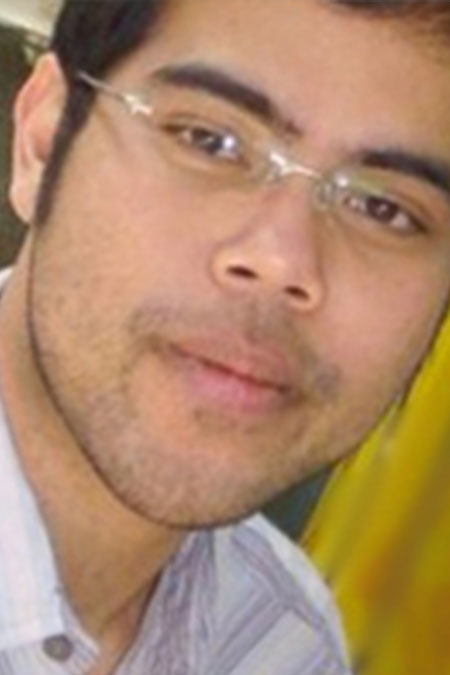
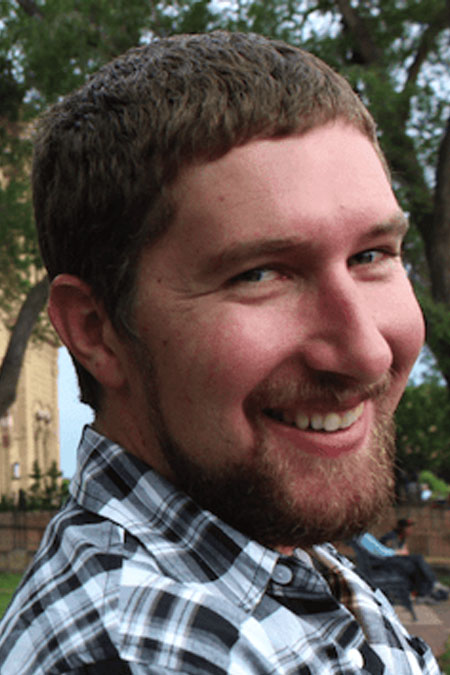
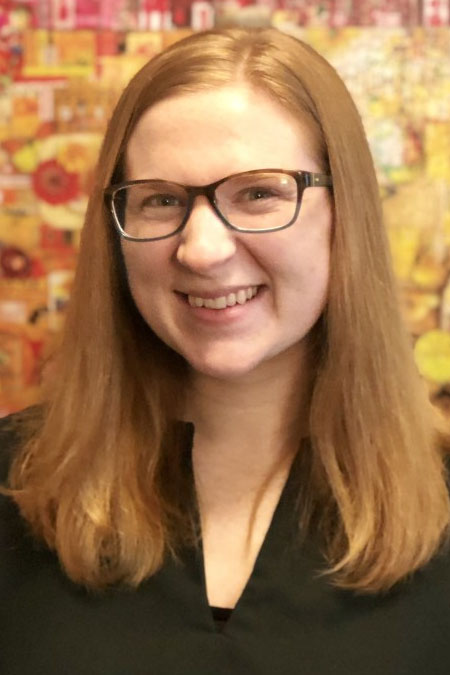
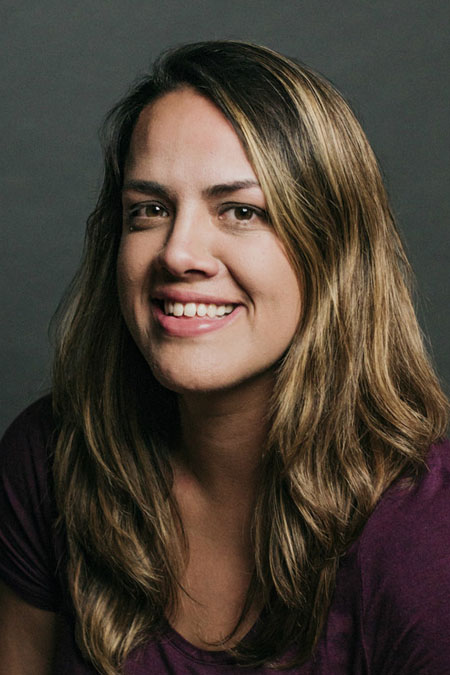
Comments from the Selection Committee: Nominated as a group, Al Harahap, Brian Hendrickson, and Alisa Russell are recognized for their efforts to establish WAC GO (the WAC Graduate Organization, which you can read more about in Across the Disciplines) and for their ongoing individual contributions to the field. Their nominator wrote, “In addition to their work to establish WAC GO, Al and Brian have served as co-managing editors of XChanges (http://www.xchanges.org/), Al has served at various times as a member of the editorial board and editorial staff of the Clearinghouse, and Alisa is currently serving as a member of the board. Brian and Alisa have published widely and, while Al is currently devoting his efforts to completing his dissertation, he has also been active in contributing to WAC scholarship. Brian is currently serving as co-chair of the Association for Wring Across the Curriculum’s (AWAC) Partnership Committee and, as a result of that, on AWAC’s executive board. Al is serving as chair of AWAC’s Diversity and Inclusion Committee and is also an executive board member. All three were also active in establishing AWAC and their voices played important roles in setting the direction of this important new organization. In short, these three young scholars have made impressive contributions to the field of writing across the curriculum. They are active in our professional organizations, have made important scholarly contributions, and have already contributed in significant ways to the direction of the field. I can think of no young scholars who have done more to advance WAC on a national level as well as in their individual local contexts than these three outstanding members of the WAC community.”
The committee also recognizes the impressive work of Genevieve García de Müeller on a local institutional level and within the field. At Syracuse, García de Müeller has established a WAC program that places anti-racist praxis at its core. Her development efforts include the creation of an Antiracist WAC Toolkit that supports efforts to “challenge the traditional notion of WAC as an assimilationist process by using WAC as a way to subvert academic discourse that upholds white supremacist ideologies of language.” García de Müeller’s program recognizes the importance of embracing an anti-racist agenda, positioning support for ethnically and linguistically diverse students as central to any other program objective. Recently, Syracuse’s innovative WAC program was recognized with a CCCC Writing Program Certificate of Excellence award, denoting it as one of the top in the field of writing studies. Her nominator wrote, “As an untenured Latina academic, Dr. García de Müeller’s innovation efforts are already being recognized with the top awards in the field as colleagues around the country recognize her commitments to social justice and her talents in writing instruction and program development across the curriculum. Her publications in WAC and WPA journals have been recognized with distinction and continue to break new ground in the field.”
Outstanding Contributions to Diversity, Equity, and Inclusion in the Field
This award recognizes scholars who have promoted diversity and inclusion in the field of WAC through scholarship and service.
Genevieve García de Müeller, Syracuse University

Comments from the Selection Committee: Genevieve García de Müeller is Assistant Professor and Director of WAC in the Department of Writing Studies, Rhetoric, and Composition at Syracuse University. As WAC director, she emphasizes diversity and equity in her work with faculty, and she has created the Anti-Racist WAC Toolkit, which is available to all on the WAC campus homepage. According to the website, the goal of campus WAC is create writing intensive courses with anti-racist instruction and assessment. Fellows who have participated have called the workshop “transformative” and praised her for its emphasis on “giving agency to students.” In addition to being Director of WAC, García de Müeller is the founder and chair of the Council Writing Program Administration (CWPA) People of Color Caucus. She regularly publishes on issues of diversity, equity, and inclusion in WAC. With Iris Ruiz, she was awarded a 2015-2016 CCCC Research Initiative Grant; the first report of that research was published in 2017 in the WPA Journal as “Race, Silence, and Writing Program Administration: A Qualitative Study of U.S. College Writing Programs.”
Honorable Mention: Vani Kannan, Lehman University, and Elan Justice Pavlinich, Wabash College
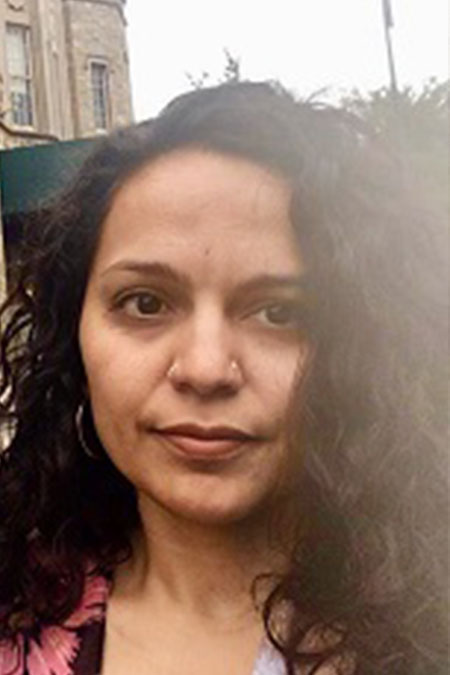
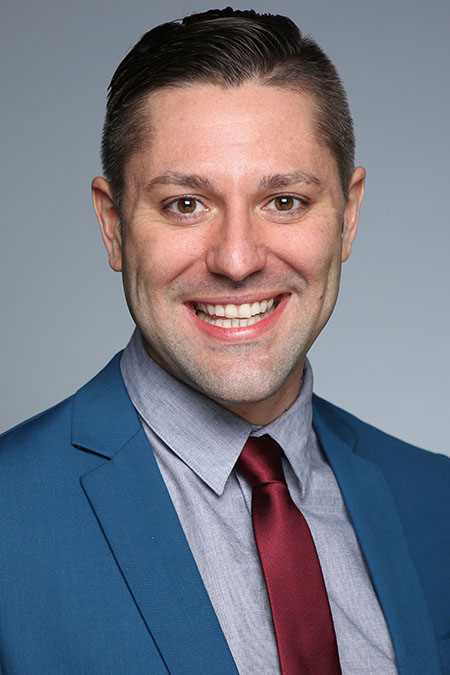
Comments from the Selection Committee: The Committee also recognizes with honorable mention the important work of Vani Kannan and Elan Justice Pavlinich. In praise of Kannan’s work, the committee wrote, “During her two years of directing WAC at Lehman College, CUNY, Dr. Kannan rebuilt the program to focus on ‘WAC at a Hispanic Serving Institution,’ offering workshops on anti-racist pedagogy, multilingualism, multimodality, and community-engaged, public-facing pedagogies to support our majority-student-of-color campus. She also rebuilt Lehman WAC around an ethos of multigenerational knowledge-sharing and peer-to-peer support. Through Dr. Kannan’s local work, WAC organized and co-sponsored several on-campus events featuring community organizers and local literacy activists to orient WAC to the important writing/reading-related work happening in their local Northwest Bronx community. She has worked to feature student activists, including the Lehman Latinx Student Alliance, in WAC sessions, foregrounding student-led anti-racist activism around curriculum and encouraging the WAC faculty cohort to build anti-racist curricular interventions in their own departments.”
Similarly, the committee called attention to the work carried out by Pavlinich, writing, “Dr. Pavlinich organized the first LGBTQ+ History Month at Wabash College, a small, male institution. LGBTQ+ History Month consisted of a number of social events including a Pride Flag display as well as student writing projects fostered by Equity and Inclusion activism. Students employed research and multimodal writing skills to construct flyers celebrating the local LGBTQ+ History. Then, in collaboration with a number of students five articles for the student newspaper were crafted Finally, they wrote a newsletter documenting their efforts and shared this with the Wabash College community, including alumni. In response to resistance to these efforts, the Student Government met with Dr. Pavlinich to write, revise, and publish an Anti-Homophobia Statement reflecting the core values of Wabash College.”
Distinguished Fellow of the Association for Writing Across the Curriculum
This award recognizes distinguished scholars (i.e., scholars in field for at least 10 years) who have made significant contributions to the field of WAC through scholarship, service, and/or achievement. This is an award that continues beyond the year in which it was made. You can view the full list of Distinguished Fellows as well as selected text from their nominations on the WAC Clearinghouse Distinguished Fellows page.
 Chris M. Anson
Chris M. AnsonNorth Carolina State University
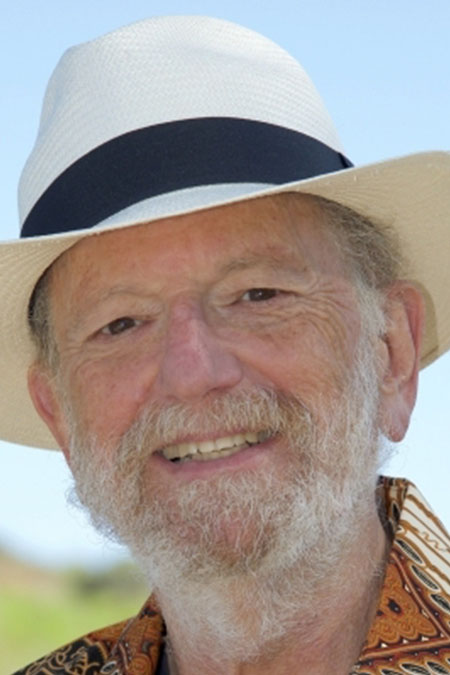 Charles Bazerman
Charles BazermanUniversity of California Santa Barbara
 John C. Bean
John C. BeanSeattle University
 Vicki Tolar Burton
Vicki Tolar BurtonOregon State University
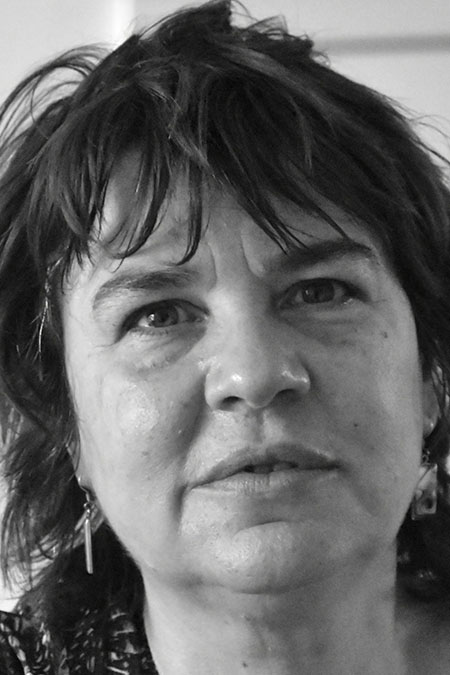 Paula Carlino
Paula CarlinoUniversidad de Buenos Aires
 Julia Chen
Julia ChenHong Kong Polytechnic University
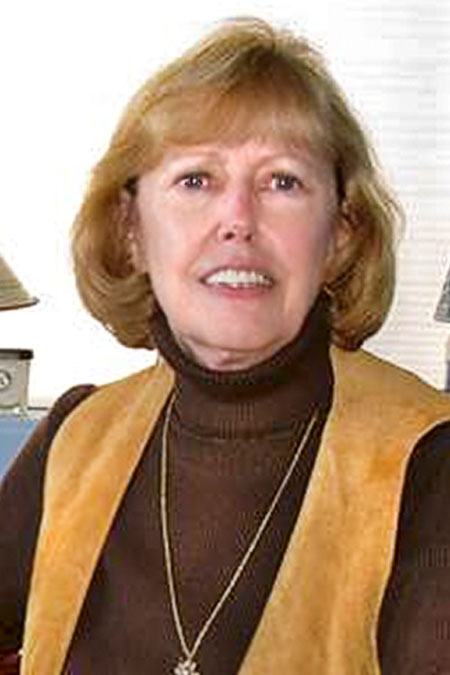 Pamela B. Childers
Pamela B. ChildersThe McCallie School
 Michelle Cox
Michelle CoxCornell University
 Pamela Flash
Pamela FlashUniversity of Minnesota
 Jeffrey R. Galin
Jeffrey R. GalinFlorida Atlantic University
 Magnus Gustafsson
Magnus GustafssonChalmers University of Technology
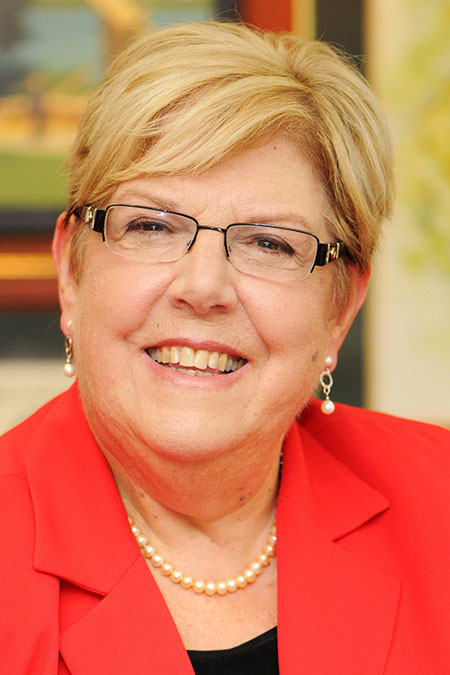 Elaine Maimon
Elaine MaimonGovernors State University
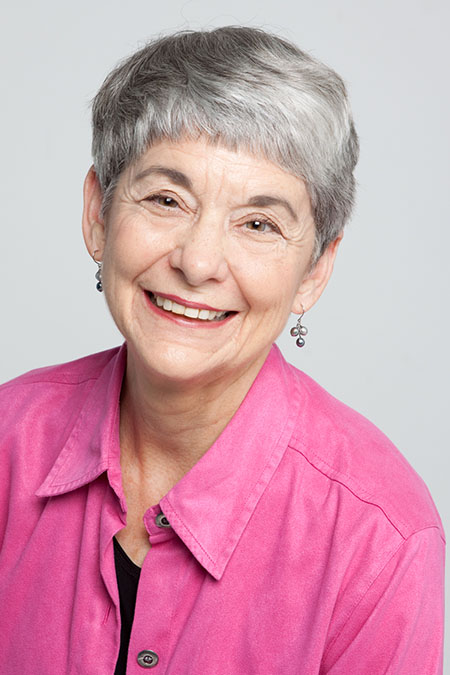 Susan H. McLeod
Susan H. McLeodUniversity of California Santa Barbara
 Dan Melzer
Dan MelzerUniversity of California Davis
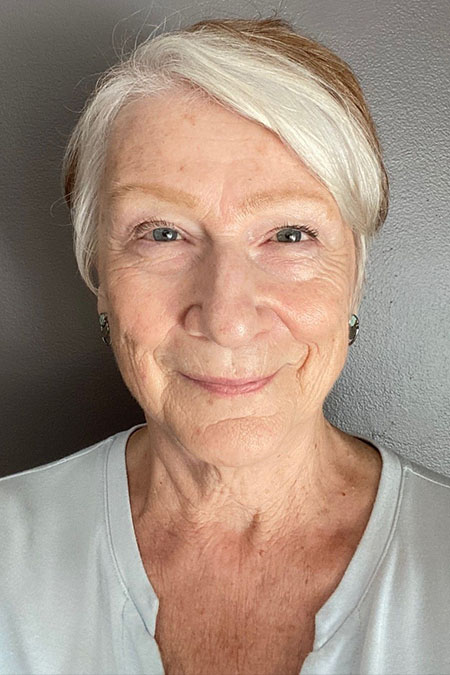 Joan A. Mullin
Joan A. MullinUniversity of North Carolina Charlotte
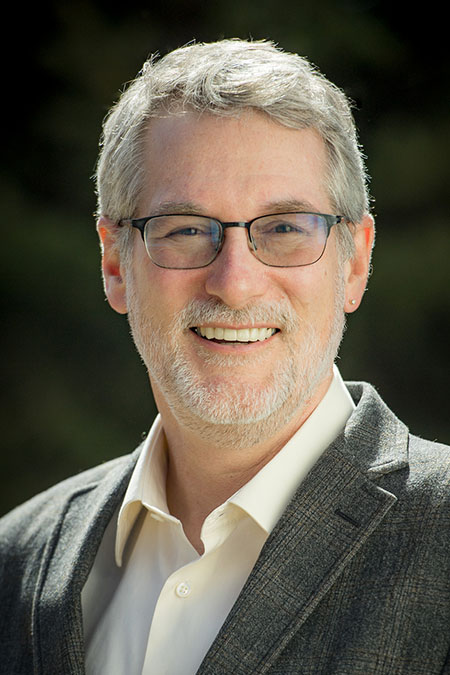 Mike Palmquist
Mike PalmquistColorado State University
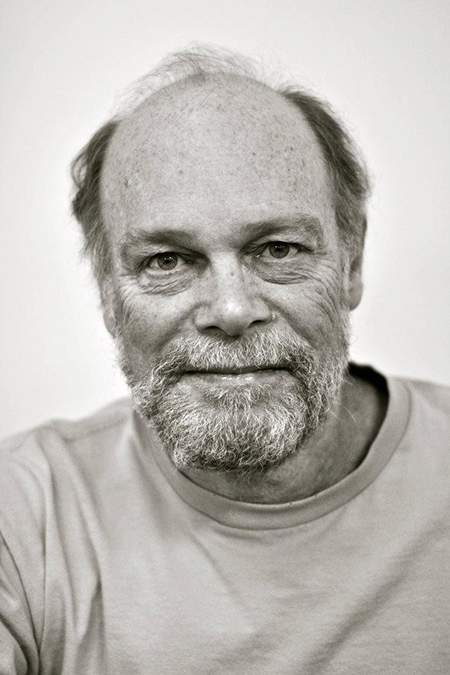 Anthony Paré
Anthony ParéUniversity of British Columbia
 Michael A. Pemberton
Michael A. PembertonGeorgia Southern University
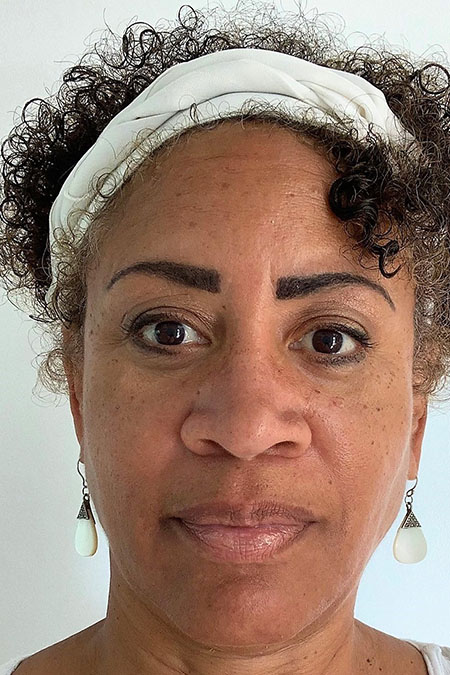 Teresa M. Redd
Teresa M. ReddHoward University
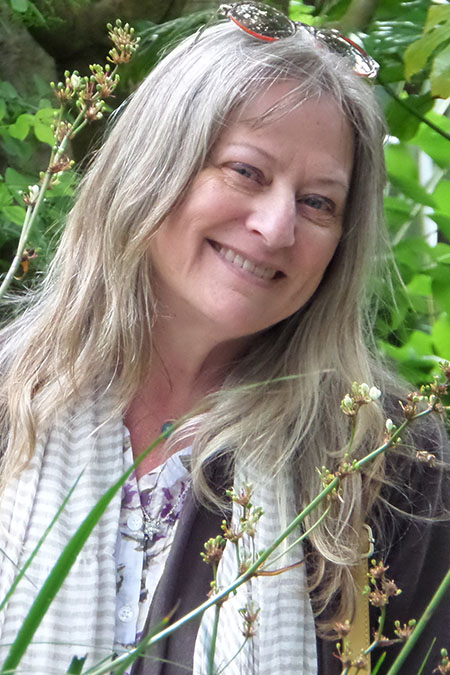 Georgia Rhoades
Georgia RhoadesAppalachian State University
 David R. Russell
David R. RussellIowa State University
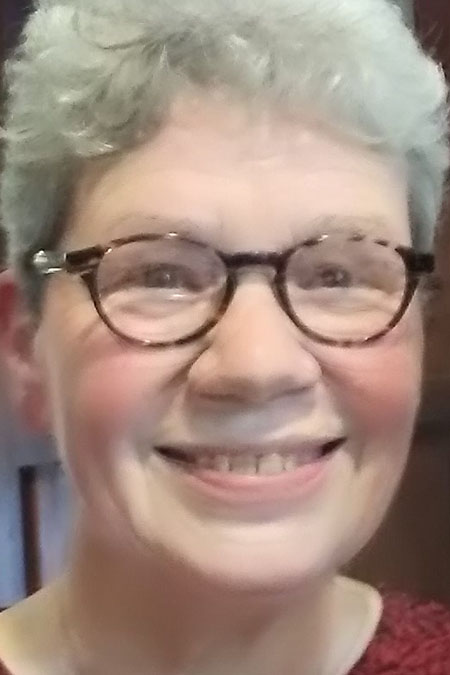 Carol Rutz
Carol RutzCarleton College
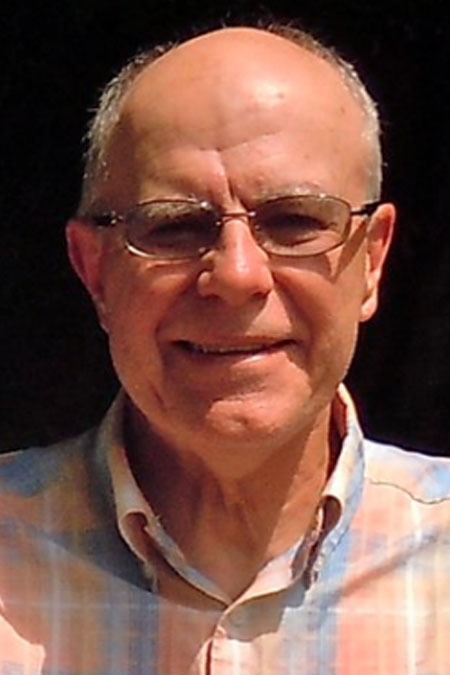 Chris Thaiss
Chris ThaissUniversity of California Davis
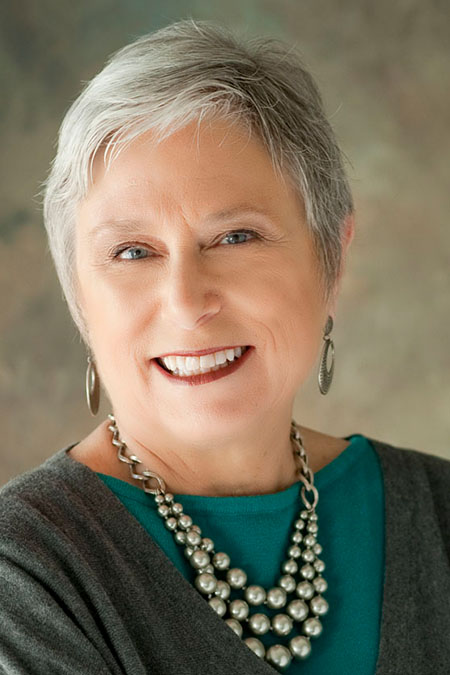 Martha A. (Marty) Townsend
Martha A. (Marty) TownsendInstitution
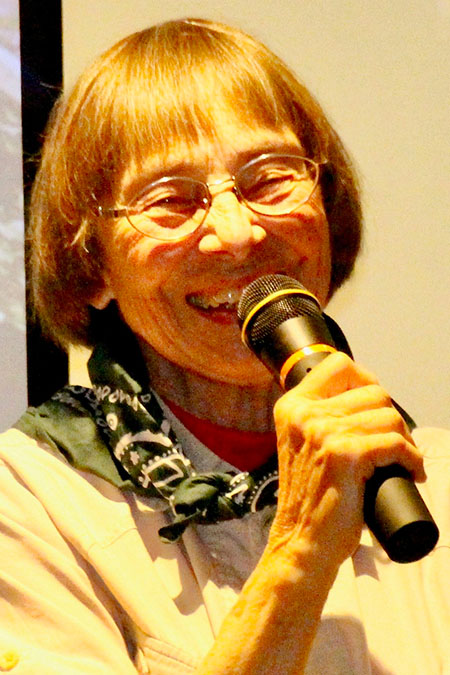 Barbara Walvoord
Barbara WalvoordNotre Dame
 Art Young
Art YoungClemson University
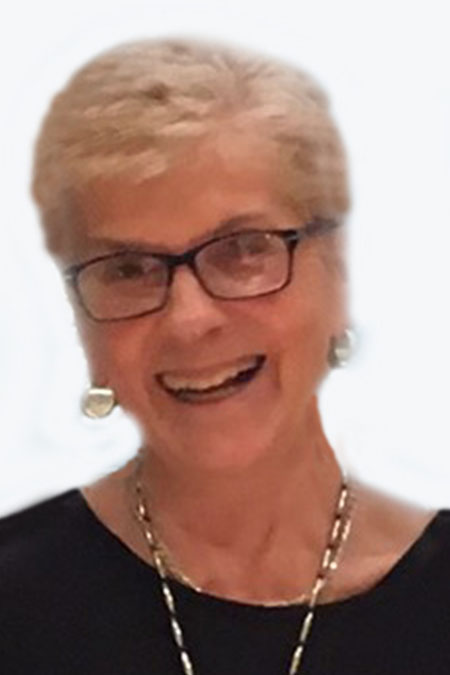 Terry Myers Zawacki
Terry Myers ZawackiGeorge Mason University
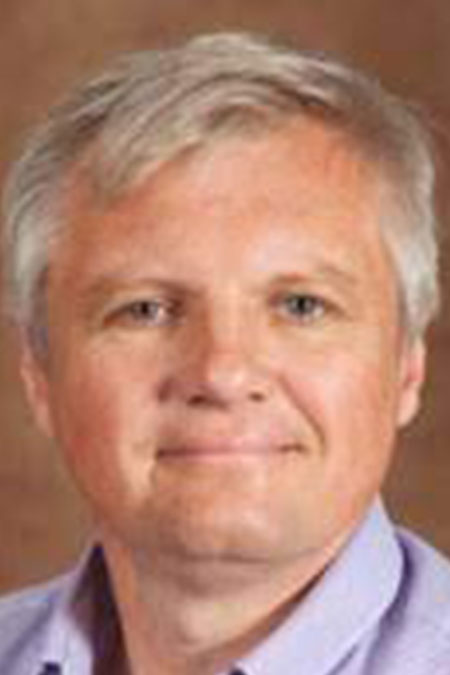 Pavel Zemliansky
Pavel ZemlianskyOslo Metropolitan University


